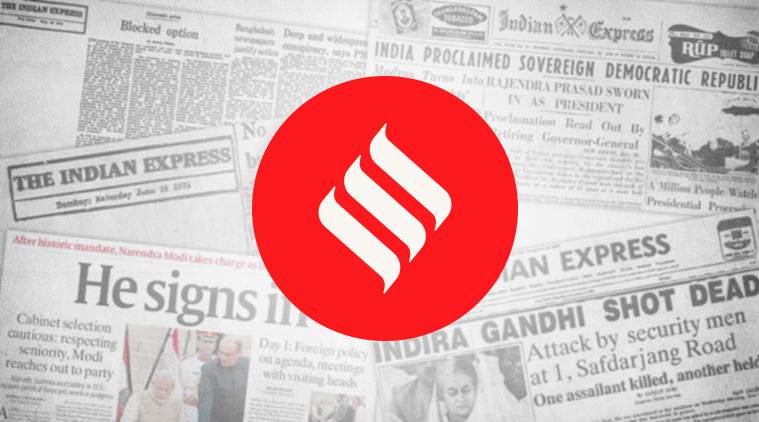Opinion Only due process
Case against P Chidambaram must proceed strictly according to the law, and must be seen to do so too
 Country needs to evolve well-rounded protocols for managing disasters, not look at them as only administrative problems.
Country needs to evolve well-rounded protocols for managing disasters, not look at them as only administrative problems.  The spectacle, captured live on TV, raises serious questions about the CBI’s conduct: Was the high drama necessary, given that the agency was not dealing with a declared absconder or a heinous crime?
The spectacle, captured live on TV, raises serious questions about the CBI’s conduct: Was the high drama necessary, given that the agency was not dealing with a declared absconder or a heinous crime?
Before the Supreme Court could rule on the plea of former Union minister and Congress leader P Chidambaram against Delhi High Court’s denial of anticipatory bail in the INX Media case on Friday, he was arrested by the CBI. The prosecution has argued that it is a money-laundering case of “monumental magnitude”. And yet, the scenes that led up to the arrest, late Wednesday evening, were unseemly and unprecedented. Multiple CBI teams converged, some personnel even scaled the walls of the Rajya Sabha MP’s Delhi residence, after he addressed the media at the Congress headquarters where he claimed that there was no case against him. The spectacle, captured live on TV, raises serious questions about the CBI’s conduct: Was the high drama necessary, given that the agency was not dealing with a declared absconder or a heinous crime? The Congress has termed it a show of political vendetta. Indeed, while the allegations against Chidambaram will stand, or fall, in a court of law, the sequence of events so far has raised disquieting concerns. No person, howsoever high the office he or she may hold, or may have held in the past, is above the law. Yet, due process needs to be followed, and it must be seen to be followed too, especially in a case as politically sensitive as this one.
The allegations against Chidambaram have to do with his tenure as Union finance minister in the Manmohan Singh government. The CBI registered an FIR in May 2017, alleging irregularities in the Foreign Investment Promotion Board (FIPB) clearance given to the INX group for receiving overseas funds of Rs 305 crore in 2007. In 2018, the ED registered a case of money laundering, and the CBI called Chidambaram for questioning. The former minister’s lawyers have pointed out that he has cooperated with the investigating agencies. On Tuesday, Justice Sunil Gaur of Delhi High Court, however, while vacating the anticipatory bail order issued in July last year, observed that “custodial interrogation” of Chidambaram “is required for an effective investigation”. In a sweeping order, he wrote that “grant of bail in cases like the instant one will send a wrong message to the society” and recommended to Parliament “to suitably amend the law to restrict the provisions of pre-arrest bail and make it inapplicable to economic offenders of high-profile cases like the instant one”. In its zeal, the court seemed to have forgotten that bail is a fundamental right of every citizen, and that it can be denied only in exceptional circumstances. There are other questions, too — for instance, the person who has turned approver in the case against Chidambaram is herself an accused in a murder case.
It is important that the justice process proceeds lawfully and with utmost transparency, so that this case does not invite allegations of vendetta in a polarised political moment.





